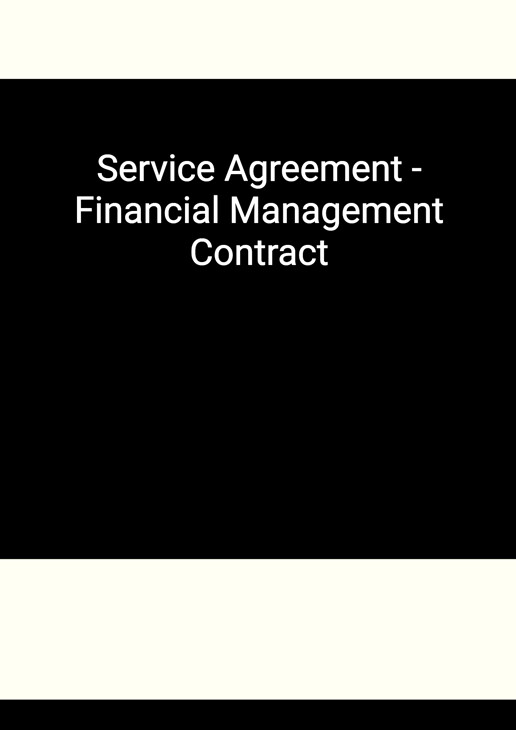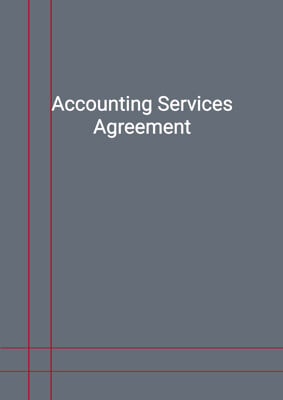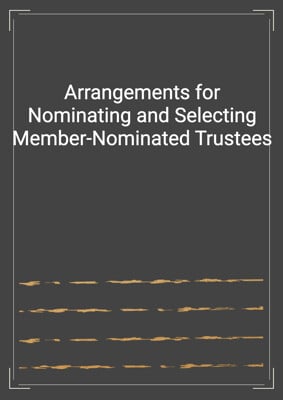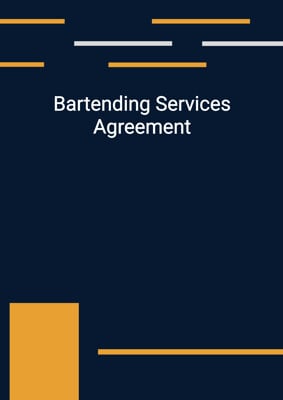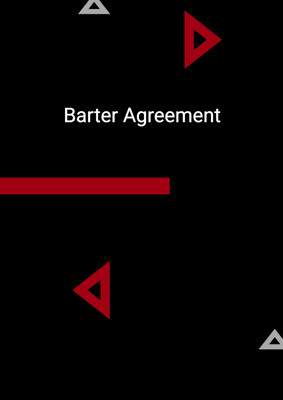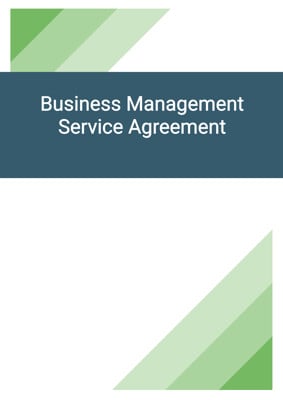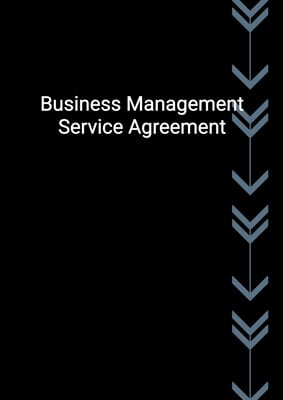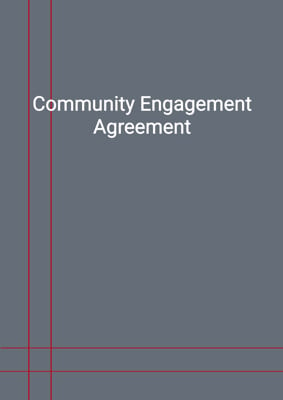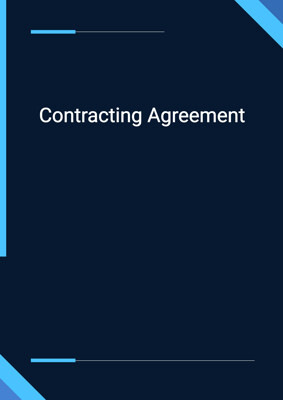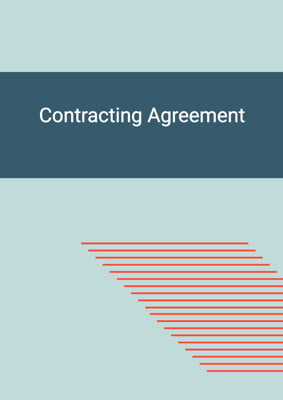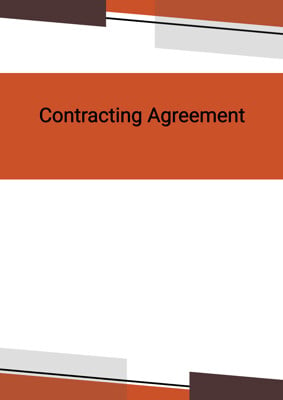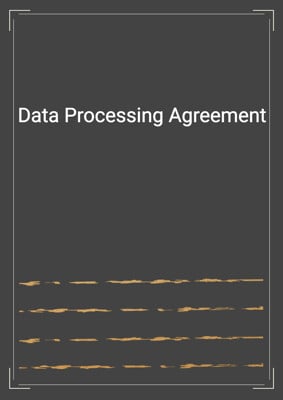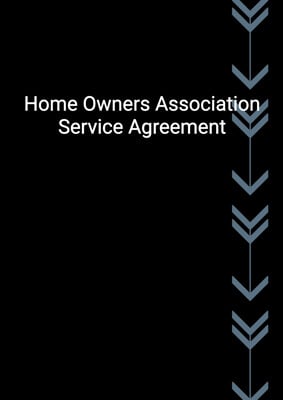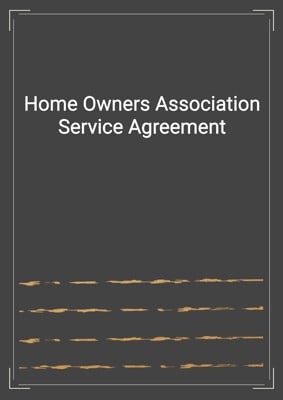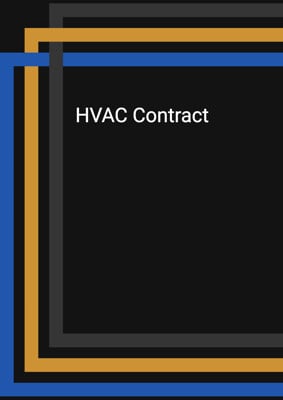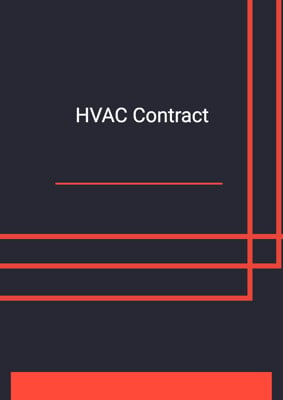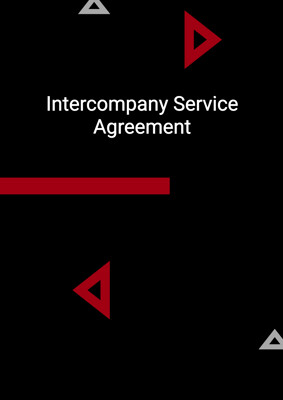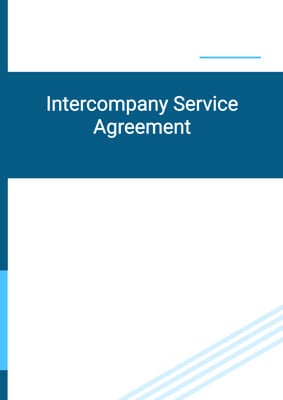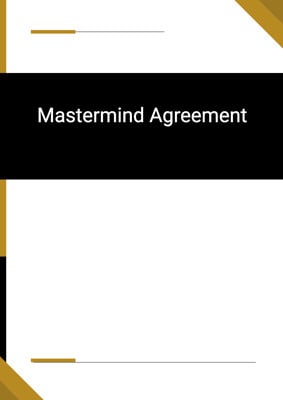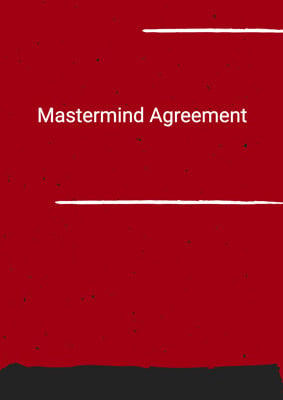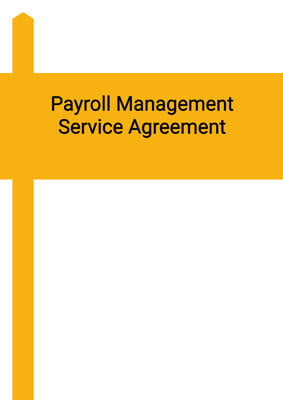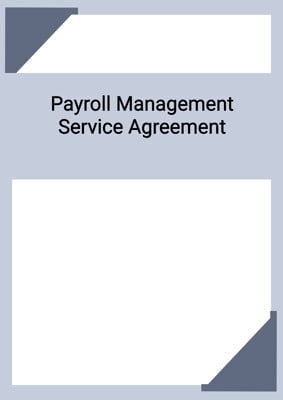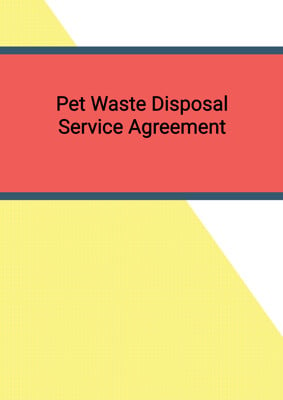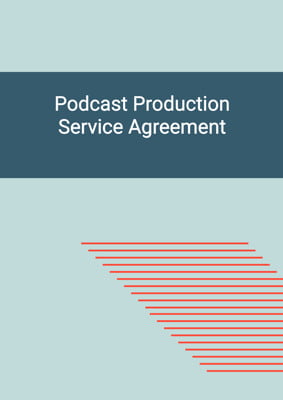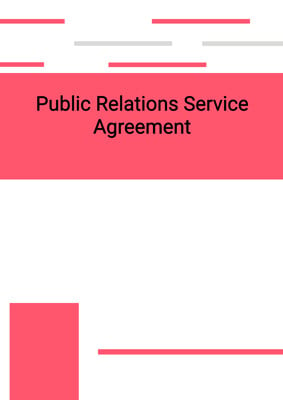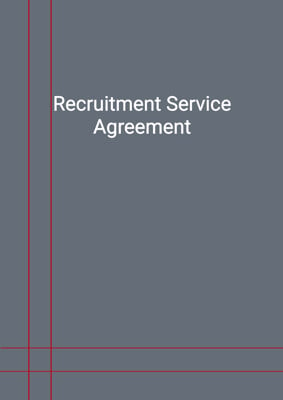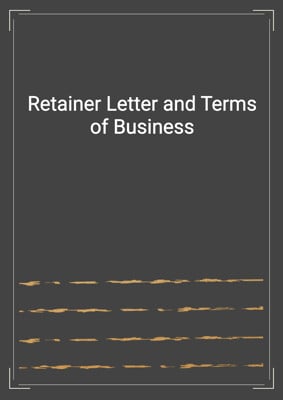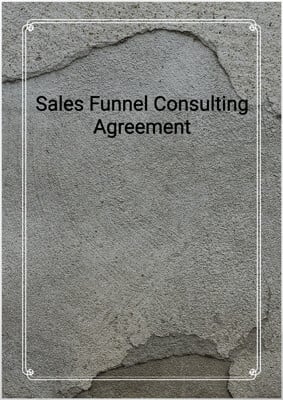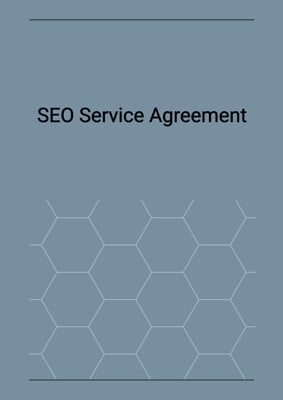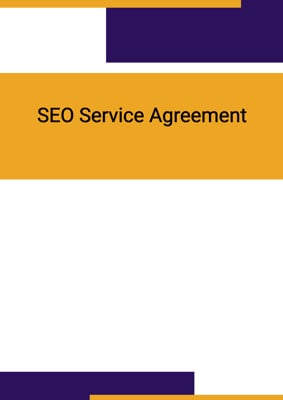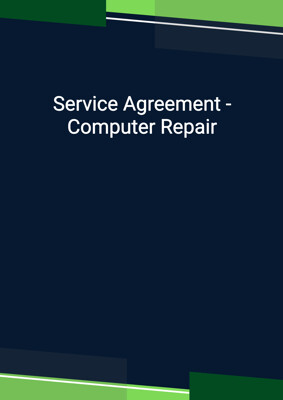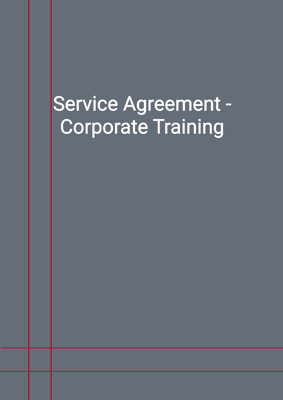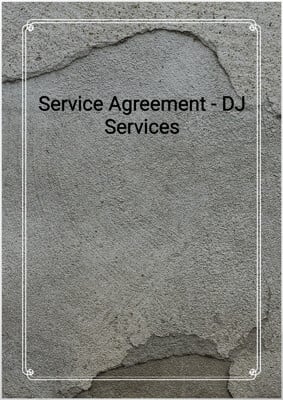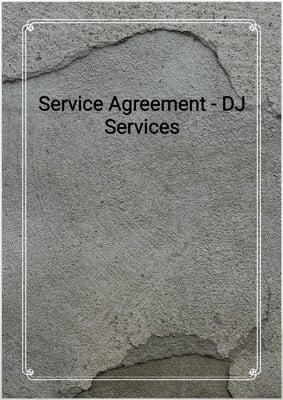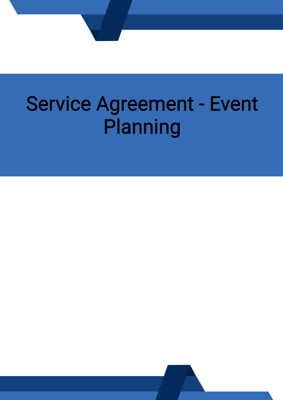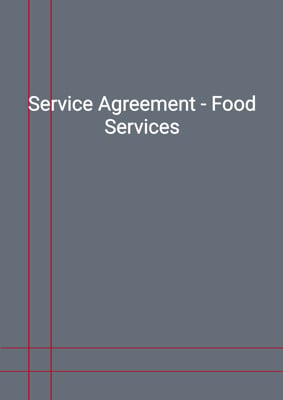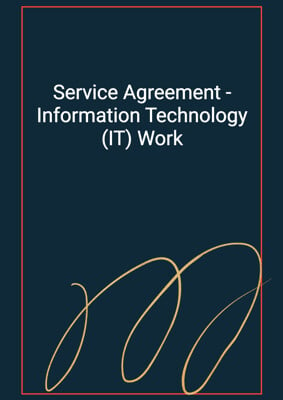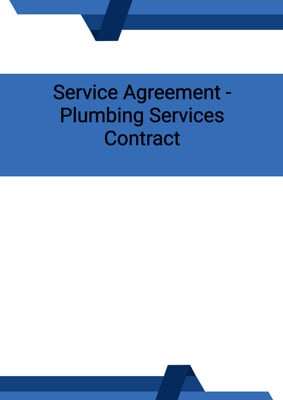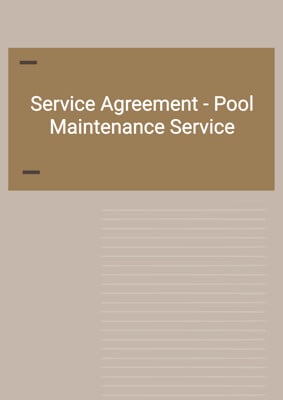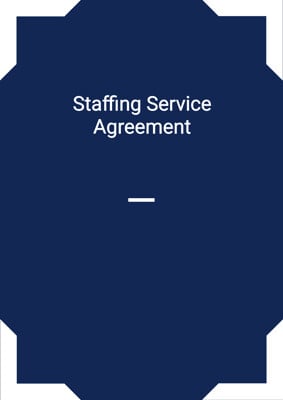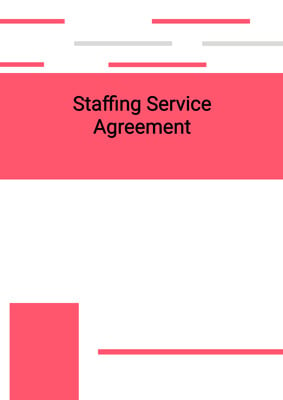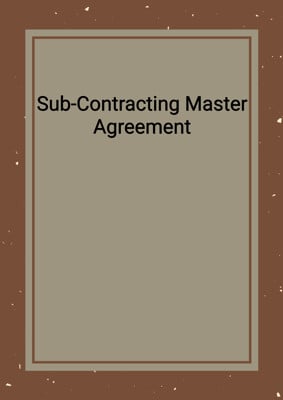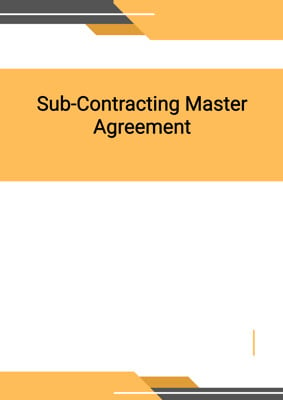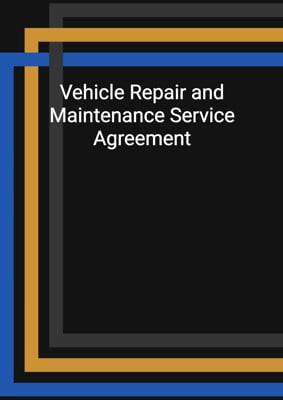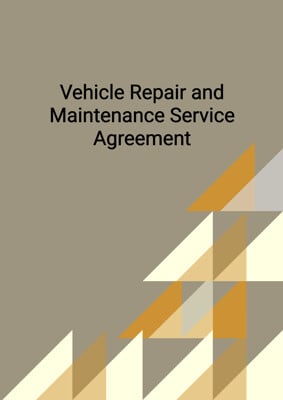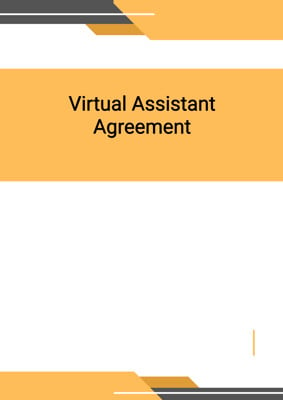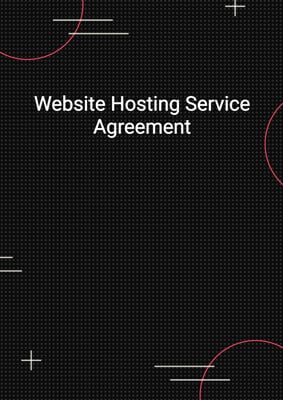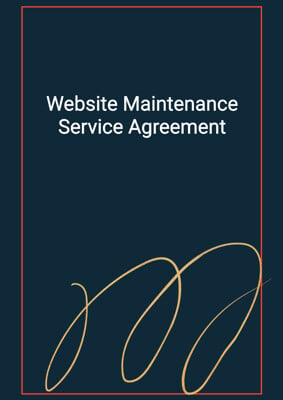How to Tailor the Document for Your Need?
01
Create Document
Fill in the details of the parties. You can click the "Fill with Member’s Information" button to complete it with information saved to your account.
02
Fill Information
Please fill in any additional information by following the step-by-step guide on the left hand side of the preview document and click the "Next" button.
03
Get Document
When you are done, click the "Get Document" button and you can download the document in Word or PDF format.
04
Review Document
Please get all parties to review the document carefully and make any final modifications to ensure that the details are correct before signing the document.
Document Preview
Document Description
The Service Agreement - Financial Management Contract is a document that outlines the terms and conditions between the servicer and the customer for the provision of financial management services. This agreement is important as it establishes the rights and obligations of both parties and ensures that the services are provided in a professional and diligent manner.
The entire document is divided into several sections, each addressing specific aspects of the agreement. The first section, titled 'Interpretation', provides definitions for key terms used throughout the agreement. This ensures clarity and avoids any misunderstandings between the parties.
The second section, 'Servicer's Obligations', outlines the responsibilities of the servicer in providing the financial management services. It emphasizes the servicer's commitment to delivering the services in accordance with the terms of the agreement and in a manner consistent with industry standards.
The third section, 'Completion of the Work', highlights the importance of timely completion of the services. It establishes that time is of the essence and sets a completion date for the services. It also addresses the consequences of non-completion, including the entitlement of the customer to liquidated damages.
The fourth section, 'Independent Contractor', clarifies the relationship between the parties. It states that the servicer is acting as an independent contractor and not as an employee or agent of the customer. This section ensures that neither party assumes any liability or authority to bind the other party.
The fifth section, 'Service Fees', specifies the payment terms for the services. It outlines the amount and schedule of the service fee, as well as the invoicing and payment process. It also addresses the reimbursement of expenses incurred by the servicer during the provision of the services.
The sixth section, 'Licenses and Insurance', requires the servicer to obtain necessary licenses and maintain appropriate insurance coverage. This ensures compliance with applicable laws and regulations and provides protection against liability.
The seventh section, 'Warranties and Indemnities', establishes the obligations of both parties regarding the reporting and rectification of any delays, problems, or complaints related to the services. It also clarifies that the customer's rights and benefits under the agreement can only be enforced through the services provided by the servicer.
The eighth section, 'Term and Termination', defines the duration of the agreement and the circumstances under which either party can terminate it. It also addresses the consequences of termination, including the return of materials and the payment of any completed services.
The ninth section, 'Ownership of Materials', states that materials and goods provided for the services become the property of the customer. It also addresses the ownership of intellectual property developed under the agreement.
The tenth section, 'Confidential Information', imposes obligations on the parties to keep confidential any information disclosed during the agreement. It specifies exceptions to this obligation, such as information already in the public domain or required to be disclosed by law.
The eleventh section, 'Announcements/Publicity', requires the parties to obtain approval from each other before making any announcements or disclosures related to the agreement.
The twelfth section, 'Amendment', states that any changes to the agreement must be in writing and signed by the parties. It also clarifies that variations to the agreement do not affect already accrued rights and obligations.
The thirteenth section, 'Assignment', prohibits the assignment or subcontracting of the agreement without the written consent of the other party.
The fourteenth section, 'Severability', addresses the invalidity or unenforceability of any provision in the agreement. It states that such provision shall be deemed not included, but the remaining provisions shall remain in full force and effect.
The fifteenth section, 'Further Assurance', requires the parties to perform any further acts or execute additional documents necessary to implement the agreement.
The sixteenth section, 'Warranty of Capacity and Power', includes representations and warranties by each party regarding their authority and capacity to enter into and perform the obligations under the agreement.
The seventeenth section, 'Force Majeure', relieves the parties from liability for failure or delay in performing their obligations due to causes beyond their reasonable control.
The eighteenth section, 'No Rights under Contracts for Third Parties', clarifies that only the parties to the agreement have the right to enforce its terms.
The nineteenth section, 'Arbitration and Proper Law', encourages the parties to resolve any disputes amicably and in good faith.
The twentieth section, 'Notices and Service', specifies the methods and timings for serving notices between the parties.
The twenty-first section, 'Counterparts', allows the agreement to be executed in multiple counterparts, with each counterpart considered an original.
This detailed description provides a comprehensive overview of the entire document, highlighting the importance and purpose of each section.
How to use this document?
1. Enter the Contractor's and Customer's information in the agreement, including their principal place of business. This ensures that both parties are clearly identified.
2. Clearly specify the agreed price and completion date of the work to be carried out by the Contractor. This will ensure that both parties are aware of the expectations and deadlines.
3. Clearly describe the type(s) of services to be provided by the Contractor. This ensures that both parties are aware of the scope of work and can avoid any misunderstandings.
4. Both parties should agree on the length of warranty and time of payment after the completion of the work. This ensures that both parties are aware of the payment terms and the length of the warranty.
5. If the work is not completed by the completion date, specify the amount of damages per week that the Customer is entitled to. This ensures that both parties are aware of the consequences of non-completion.
6. The servicer should provide the services in a professional and diligent manner, consistent with industry standards and good commercial practice.
7. The servicer should comply with all applicable laws and regulations, including those related to anti-bribery and corruption, and data protection.
8. Any services outside the scope defined in the agreement will require a new agreement agreed to by both parties.
9. Time is of the essence for the completion of the services. The servicer should make best efforts to complete the services by the agreed completion date.
10. Invoicing and payment should be done in accordance with the agreed schedule. Late payment may incur additional charges.
11. The servicer should keep records of any expenses incurred while performing the services and provide itemized invoices with proof of purchase and receipt.
12. The customer should notify the servicer in writing of any disputes regarding invoices within a specified timeframe.
13. The servicer should obtain necessary licenses and maintain appropriate insurance coverage for the services.
14. The servicer should promptly notify the customer of any delays, problems, or complaints related to the provision of the services.
15. The customer should report any defects in the servicer's performance of the services as soon as reasonably practicable.
16. In the event of termination, the servicer should promptly give up possession of the site and deliver any relevant documents or materials.
17. Materials and goods provided for the services become the property of the customer, while intellectual property developed under the agreement becomes the customer's sole property.
18. Both parties should keep confidential any information disclosed during the agreement, except for certain exceptions specified in the agreement.
19. Any announcements or disclosures related to the agreement should be made with the prior written approval of the other party.
20. Any changes to the agreement must be in writing and signed by the parties. Variations to the agreement do not affect already accrued rights and obligations.
21. The parties should use all reasonable endeavors to resolve any disputes amicably and in good faith. If necessary, arbitration may be pursued.
22. Notices between the parties should be served in accordance with the specified methods and timings.
23. The agreement may be executed in multiple counterparts, with each counterpart considered an original.
Not the right document?
Don’t worry, we have thousands of documents for you to choose from:
